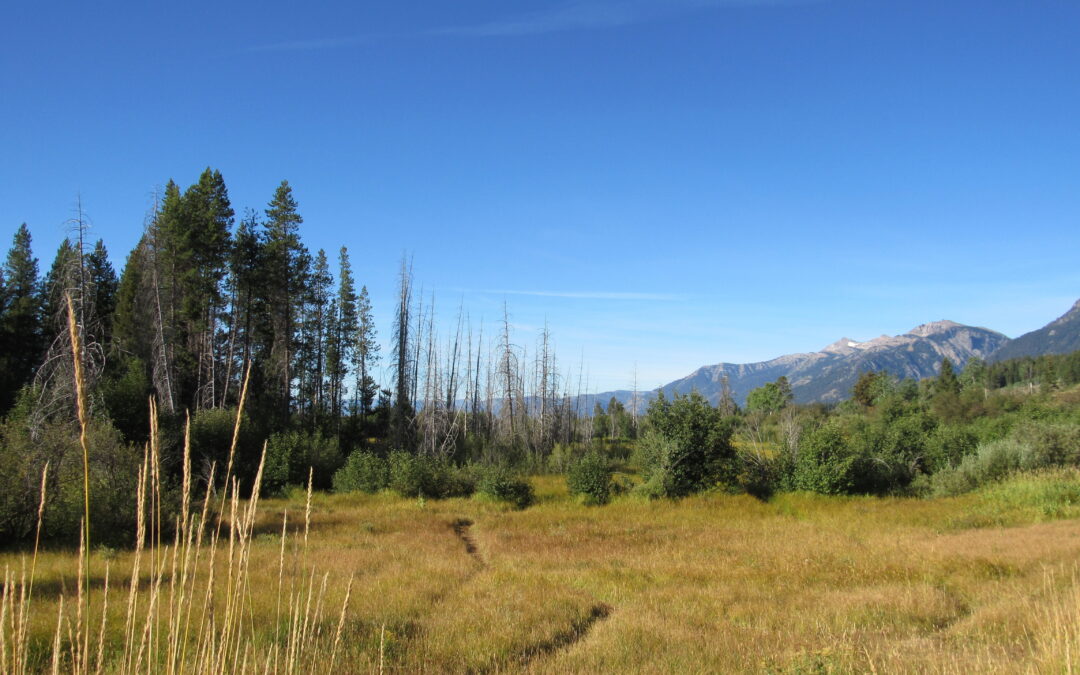MIXED MESSAGES, PART 2 – The False god Within
If you take nature as a teacher she will teach you exactly the lessons you had already decided to learn.
– C.S. Lewis
RUDE AWAKENING
One night at the hospital during a dark valley of my residency training, I found myself completely exhausted from the thirty-six hour shifts and hundred-hour weeks that regularly involved life and death situations. Feeling that I could barely carry on, I hunkered down in a call room, praying fervently for a slow night.
Then, as I beseeched God, something wonderful happened. Like a warm blanket of tranquility, a comforting peace settled over me. I had a clear sense that God would provide a beeper-free night of uninterrupted sleep. Blissfully assured that God had my back, I settled into bed with a restfulness I had not known in weeks.
Exactly forty-five minutes later, the strident insistence of a pager jolted me awake. I was annoyed to see the number of the Emergency Department on the display. They have obviously paged me by accident, I told myself with a little bit of forced confidence, mingled with misgiving. Fumbling groggily for the phone, I spoke with a colleague, who informed me I had to come urgently and care for a heart attack victim. I dragged myself from bed and trudged downstairs, feeling confused and resentful. I had heard God’s voice so clearly. Why had he lied to me?
TRUTHFUL TESTIMONY
Romans 1 teaches that nature presents unmistakable evidence of the existence and character of God. Despite this testimony, we humans nevertheless “suppress the truth” about God (verse 18). The result is that, “Professing to be wise, they became fools… For they exchanged the truth of God for a lie, and worshiped and served the creature rather than the Creator.” (Verses 22, 25) We commit perjury with our own minds and consciences!
That night on call I created a god in my own image, who naturally happened to have the same priorities as I did. As the grizzly incident in my last post illustrates, not only does nature have more than one aspect, but just as importantly, our own perceptions of things can be biased by our experiences and emotional states. Our inconsistency reveals a greater deficiency than merely the limitations of nature as an oracle of God. Our capacity for self-deception is boundless. And the greatest subject of our self-deception is God himself. While seeking his voice in an apparently sound-proof world, we may be hearing the speech of countless others who have influenced our worldviews, posing as our own original thoughts, or even worse, as divine revelations.
HEAVY BACKPACKS AND CROWDED TRAILS
There is a commonly held conviction – perhaps I have unfortunately reinforced it – that if we can just jettison our religious baggage, cultural presuppositions, and all other outside influences and then venture out into nature (or into our own imaginations), then we can discover unadulterated truth and find the real God (if there is one).
In the Third Century St. Antony of Egypt, the Patriarch of monks, set off into the Libyan Desert to lead an ascetic life and seek God. Likewise, Henry David Thoreau in the Nineteenth Century went to the woods near Walden Pond to “front only the essential facts of life” and see if he “could learn what it had to teach.” Many more before and after have made similar pilgrimages searching for true religion or wisdom.
But though Antony sold all his possessions and lived as a hermit, he was not truly isolated; he was attended to by his disciples. Similarly, Thoreau did not make an expedition into trackless wilderness, but merely a foray to the edge of Concord, Massachusetts, a few miles from his home. He too was visited by friends.
I point this out not to demean the powerful example of Antony or the insights of Thoreau, nor even to devalue nature retreats or monasticism. Indeed I believe a practical application of the Bible’s message and a major focus of Docsology is for us to reverence the maker of the world, even as we enjoy his artistry. But to the degree that I have bolstered it, I want to dispel the myth that by insulating ourselves we can clean the slate and build an untainted religion or philosophy from scratch.
Thoreau did not travel far either geographically or philosophically. In the same way, as we set out on a literal or inward journey in search of unspoiled springs of truth, we are not really as far from the crowds nor so unencumbered as we suppose.
Philosophically speaking, Plato provided our compass. The path we wander, mistaken for intellectual wilderness, was blazed by Rousseau or Bacon. Descartes or someone else outfitted the excursion; and Hollywood, Academia, and Madison Avenue have absolutely stuffed our packs with ideas that we lug about, unaware of the burden.
But our biggest problem is not that the path is false, the compass broken, or the ideas bloated. It is not even the fact that we imagine that we are discovering virginal terrain, even while treading well-worn paths. The biggest problem is that even if we really could dump every preconception and seek God in an absolutely unbiased manner, something extraordinary would happen when we found him.
If we really could go off into a state of natural innocence, the somebody behind nature that we discovered would look and sound an awful lot like ourselves. The god we worship would be created in our own image. Often, when listening toward heaven, we hear simply what we want to. “Of all the horrible religions,” laments G.K. Chesterton, “the most horrible is the worship of the god within.” I believe this is the dominant religion of the western world today.
How can we escape the servitude of this pathetic, false god?
